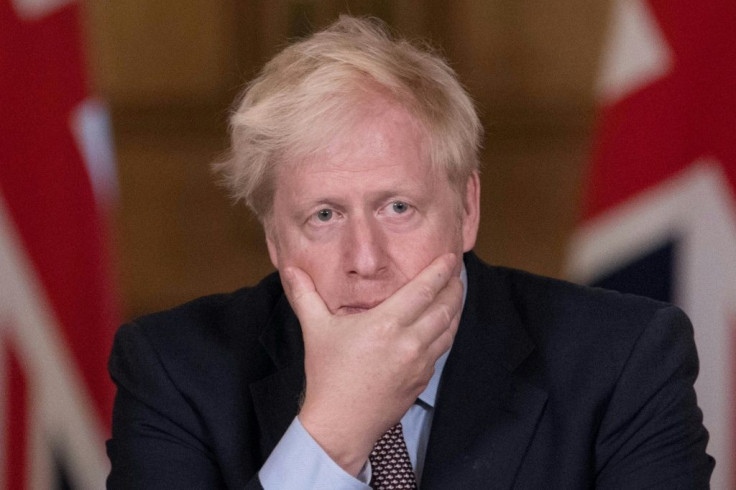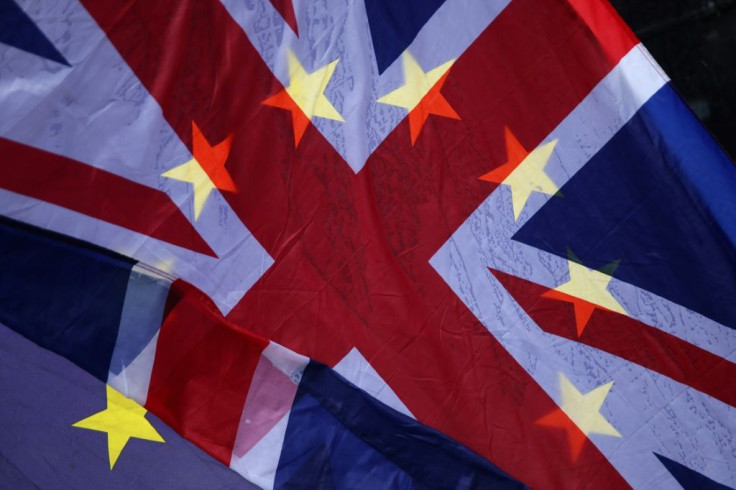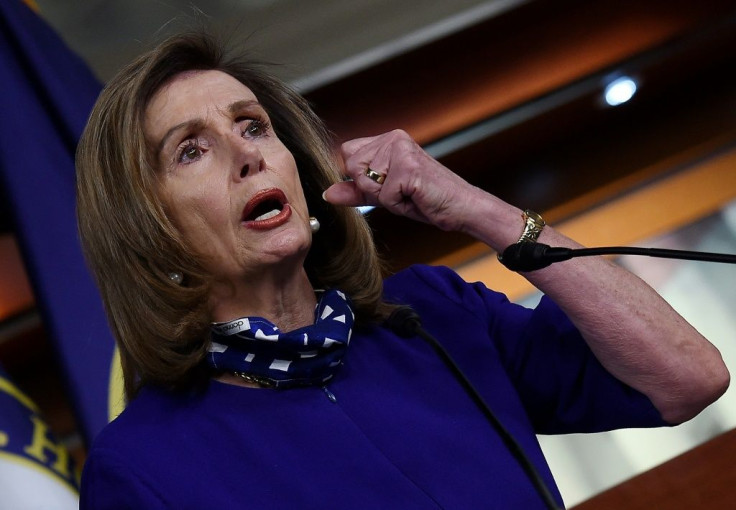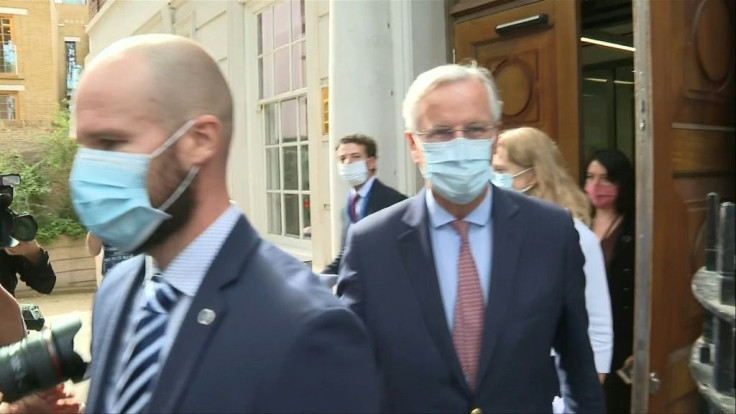EU Talks To Resume As UK Denies Burning Brexit Bridges
Britain's government vowed on Friday to press on with troubled EU talks, despite rejecting an ultimatum to withdraw Brexit legislation that has sparked a rebellion from outraged Conservatives in its own ranks.
Prime Minister Boris Johnson trumpeted a free-trade agreement with Japan -- Britain's first such pact since the country quit the European Union in January.

But the far greater prize of an FTA with the EU remains elusive, as Britain struggles to unwind nearly five decades of economic integration with the continent four years on from a seismic referendum.
Britain and the EU both committed to meet again in Brussels next week, even after trade talks this week were embittered by London's decision to wilfully break its divorce treaty with new domestic legislation.
"It is clear that anyone has to stick to what he already agreed to. Treaties have to be obeyed," German Finance Minister Olaf Scholz told reporters in Berlin.

The EU, warning that the contentious UK bill has "seriously damaged trust" between the two sides, said it would take Britain to court unless the legislation is withdrawn by the end of September.
The bill would give British ministers unilateral powers to regulate trade among England, Scotland, Wales and Northern Ireland, once the force of EU law expires after a post-Brexit transition period at the end of this year.

But under its divorce treaty, Britain is meant to liaise with Brussels on arrangements for Northern Ireland, which will have the UK's only land border with the EU, and where 30 years of bloodshed ended with a historic peace deal in 1998.
"This protocol on the island of Ireland exists and one side cannot make it not exist. This is a unilateral, provocative act that is uniquely unprecedented," Ireland's Europe Minister Thomas Byrne said on BBC radio.

Britain rejected the EU ultimatum out of hand, but said it remained committed to its obligations under the withdrawal treaty and to a protocol governing Northern Ireland's post-Brexit trade.

The new bill is an "insurance policy" if Britain and the EU cannot find agreement by the end of the transition period, business minister Nadim Zahawi said, as "we can't allow any adverse impacts on the communities in Northern Ireland".
But discontent grew in Johnson's Conservative party, with even some prominent Brexiteers unhappy about the fallout on Britain's prestige as a guarantor of the global rule of law, as a permanent member of the UN Security Council.
Johnson "should be more mindful of the reputational damage of playing such hardball", said Bernard Jenkin, who leads a hardline pro-Brexit faction of Conservatives.
Johnson was due later Friday to hold a videoconference with his MPs about the new internal market bill, seeking to quell the revolt before parliament starts debating the legislation next week.
There is also opposition in the unelected House of Lords, which will have to approve the bill before it becomes law.
Members of the Lords Constitution Committee wrote a letter to Justice Secretary Robert Buckland reminding him of his "oath of office and responsibility to uphold the rule of law".
"Any breach of international law threatens to undermine confidence in future treaty commitments made by the UK government and increases the likelihood that the governments of other countries would not comply with their international law obligations," it said.
Despite the war of words this week, neither side wants to take the blame for abandoning negotiations that have been deadlocked over highly symbolic issues such as state aid for industry and fishing rights.
"We're in the final stretch of these negotiations, and for our part they will be carried through to the end," EU internal markets commissioner Thierry Breton told France's BFM television.
"How can they walk away from an international agreement? How do you trust that?" House of Representatives Speaker Nancy Pelosi said in Washington.
© Copyright AFP 2024. All rights reserved.





















